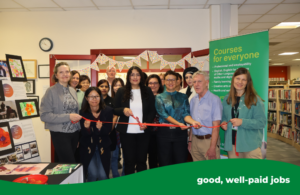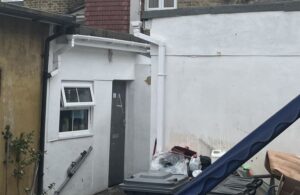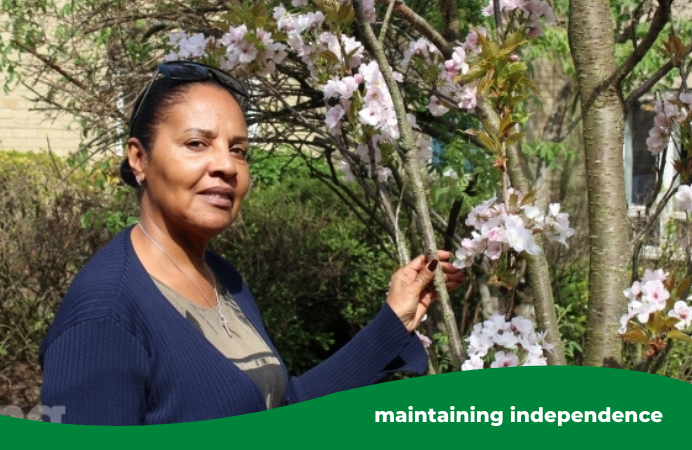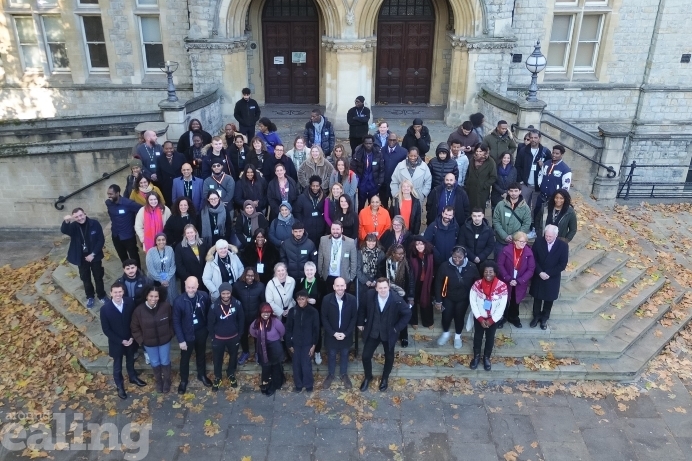Ealing Council’s cabinet agreed last night (9 February) to establish a citizen’s tribunal. The decision comes following the release of the Ealing Race Equality Commission’s report.
The commission was set up following the murder of George Floyd and the Black Lives Matter movement. It was chaired by activist and life peer, Lord Simon Woolley, alongside 11 independent commissioners, all of whom live or work in the borough.
Over the course of a year, it gathered submissions from local people and groups on critical issues such as education, crime and policing, and the health service. The goal was to better understand experiences of race equality and to present an agenda for change.
The commission published its findings on Thursday, 27 January. Its final report sets out seven priorities for change, each of which contains several recommendations demanding action on crucial issues. These include better educational achievement for Black Caribbean students, combating health inequalities, ending stop and search, and improved trust and engagement between local communities and organisations like the council, the police and health organisations.
Fighting inequality is one of the council’s three priorities. It has accepted all the commission’s findings and, alongside local partners, has committed to act. The first action is to set up a citizen’s tribunal, a panel independent from the council that will in 12 months’ time hold the council accountable in public hearings for the progress it, and partner organisations, make.
The terms of reference for the citizens tribunal will be written into the council’s constitution to ensure it is protected and delivered.
We are all challenged to act on race equality
Councillor Aysha Raza, cabinet member for tackling inequality, said: “I would like to thank Lord Simon Woolley, his commissioners and all the residents who took the time to contribute their lived experiences, thoughts, fears and hopes.
“Their final report starkly sets out the inequalities that persist in Ealing, many of them made worse by the pandemic, and challenges us all to act.
“The pandemic hit minority and ethnic communities hardest. They experienced the highest rates of death and serious illness and were also hit hardest by lost jobs and incomes and impacted the most by disrupted education.
“These realities have left too many Ealing families on low incomes, in poor housing and unable to enjoy happy and healthy lives free from struggle. It is our job now to change this.”
The Ealing Race Equality Commission’s full report is available to read online.
The launch of the Ealing Race Equality Commission’s report is available to watch on Ealing Council’s YouTube channel.




